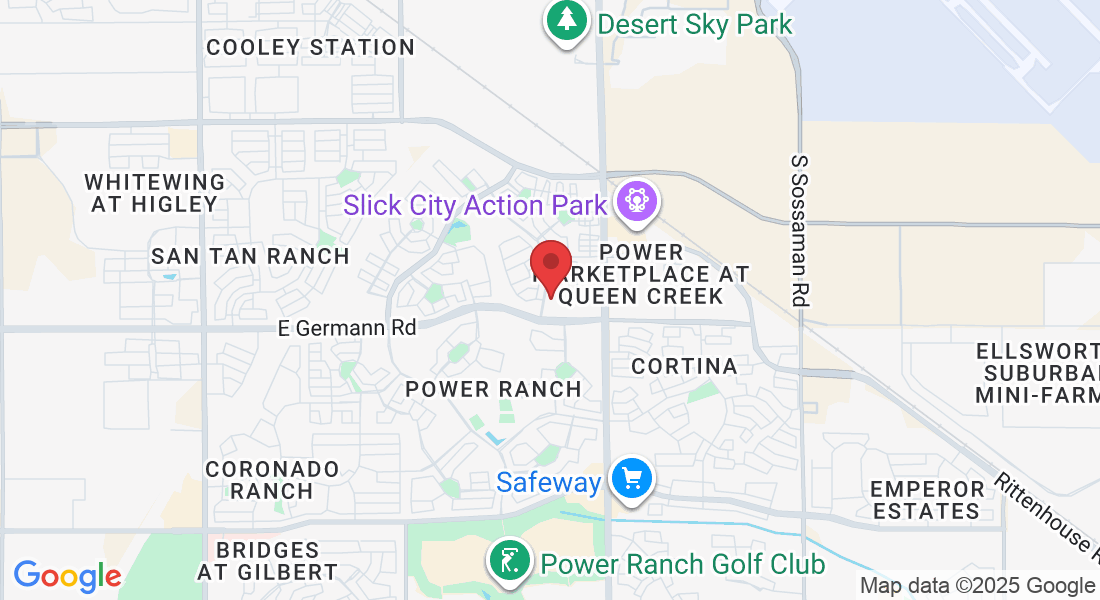Email: [email protected] | Call: +1 928-351-9968
Business hours: 9:00 to 5:00 | Monday to Friday
Outsourcing Benefits EHR and EMR Migration to CURE TECH PRO
Medical practices can find it difficult to switch from one Electronic Health Record system (EHR) to another. EHR Data Migration Services for Medical Practices involves moving patient records from one system into another. This is done securely, accurately and efficiently. It is a complex process that requires planning in order to prevent data loss, maintain continuity of care and avoid costly delays.
EHR and EMR Migration
This comprehensive guide will examine the importance of selecting the right web-based EHR, and the complexity involved in data migration for medical practices. CURE TECH PRO cloud-based and web-based EHR solutions will be highlighted to show how this process can be simplified and avoid costly migrations.
EHR data migration is the process by which medical practices transfer their healthcare records and information from one EHR to another. It may include medical records and billing data, appointment history, insurance information, lab results, etc.
EHR data migration is a way to make sure that the digital records of a medical practice remain accessible and intact when they move to a new EHR system. The migration process is complex because of the volume of data and the sensitive nature of the patient's health information.
Why do medical practices migrate to EHR systems?
There are many reasons why a practice may have to migrate from an EHR to another.
• Outdated Technology: Legacy EHRs may not meet the needs for a growing practice. They lack features like telemedicine or online patient portals.
• Poor user experience: A slow or difficult-to-navigate EHR can lead to poor productivity, and dissatisfaction from healthcare providers.
• High maintenance costs: On premise EHR systems require significant investments in hardware and IT services, making Cloud-based a more cost-effective and attractive alternative.
• Compliance with Regulatory Changes : Practices must comply with ever-changing healthcare regulations, such as HIPAA or ICD-10. Legacy EHRs are not updated often enough to remain compliant.
• Expansion or Merger: When healthcare providers merge, or expand, it may be necessary to integrate systems and migrate data onto a platform which supports multiple locations.
• Better Features: Some practices may need to upgrade their system, and require additional features, such as advanced reports or integrated billing.
Get in Touch
Want to work with us?


